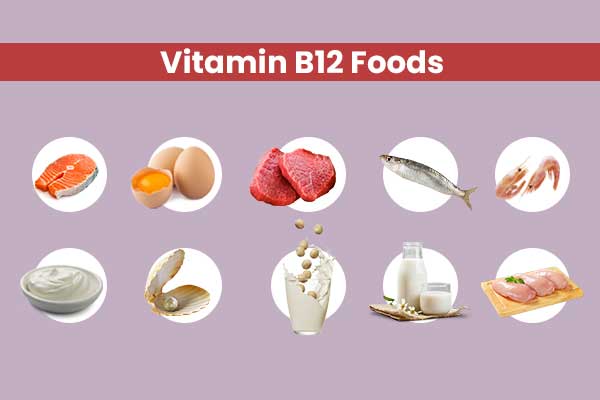The Culprits: Worst Foods for Kidney Stones
Kidney stones can bring even the strongest to their knees with excruciating pain. These small, mineral-based formations can develop in your kidneys and cause discomfort as they travel through your urinary tract. While various factors contribute to their formation, diet plays a significant role. To help you steer clear of these painful intruders, let’s dive into some of the worst foods for kidney stones.
1. Oxalate-Rich Offenders
Oxalates are compounds that can bind with calcium to form crystals, a common type of kidney stone. Certain foods are high in oxalates, making them risky for those prone to stone formation. Spinach, beets, rhubarb, Swiss chard, and even nuts like almonds and peanuts are among the usual suspects. Moderation is key; you don’t need to avoid these foods entirely, but be mindful of your intake.
2. Sodium-Rampant Fare
A diet high in sodium can spell trouble for kidney stone sufferers. Excess sodium can increase the amount of calcium excreted in urine, promoting the development of calcium-based stones. Processed foods, canned soups, and fast food are often laden with sodium. Opt for whole, fresh foods and be cautious with your salt shaker to keep sodium intake in check.
3. Animal Proteins in Moderation
While protein is a vital nutrient, consuming too much animal protein, especially red meat, can lead to a higher excretion of calcium and uric acid in urine. This can contribute to the formation of kidney stones. Balancing your protein intake with plant-based sources like beans, lentils, and tofu can help reduce your risk.
4. Sugary and High-Fructose Culprits
Excessive sugar intake, particularly from high-fructose sources, can increase the risk of developing kidney stones. High sugar consumption can lead to increased urinary calcium excretion and a higher likelihood of stone formation. Limit sugary snacks, sweetened beverages, and processed foods.
5. Dairy Dilemmas
Dairy products can be a double-edged sword. While low-calcium dairy like yogurt can potentially help reduce the risk of stones, excessive consumption of high-calcium dairy may lead to the formation of calcium-based stones. Balance is key here – opt for a moderate intake of dairy and consider alternative sources of calcium.
6. Caffeine and Alcohol Awareness
Caffeine and alcohol can be dehydrating, which is a risk factor for kidney stones. Dehydration can lead to more concentrated urine, making it easier for crystals to form. While moderate consumption of these beverages is generally fine, be sure to offset them with plenty of water to stay hydrated.
7. Excessive Vitamin C Supplementation
Vitamin C is essential for overall health, but excessive supplementation can lead to increased oxalate levels in the urine. This excess oxalate can contribute to kidney stone formation. If you’re taking vitamin C supplements, it’s wise to discuss the dosage with your healthcare provider.
8. Fast Food and Processed Meals
Fast food and highly processed meals often contain excessive amounts of salt, unhealthy fats, and additives. This combination can lead to dehydration and an environment conducive to stone formation. Limit your consumption of these convenience foods to safeguard your kidney health.
9. Dark-Colored Sodas
Dark-colored sodas, including cola, are not only loaded with sugar but also contain phosphoric acid. This acid can contribute to the formation of calcium-based kidney stones. Opt for water or herbal teas instead to support your kidney health.
While these foods might be troublesome for those susceptible to kidney stones, it’s important to note that individual tolerance varies. If you’re concerned about your kidney stone risk or have a history of stone formation, consulting with a healthcare professional or a registered dietitian can help you tailor your diet to minimize the risk. Remember, maintaining a well-rounded, balanced diet rich in whole foods and staying adequately hydrated are key factors in promoting kidney health and overall well-being.













